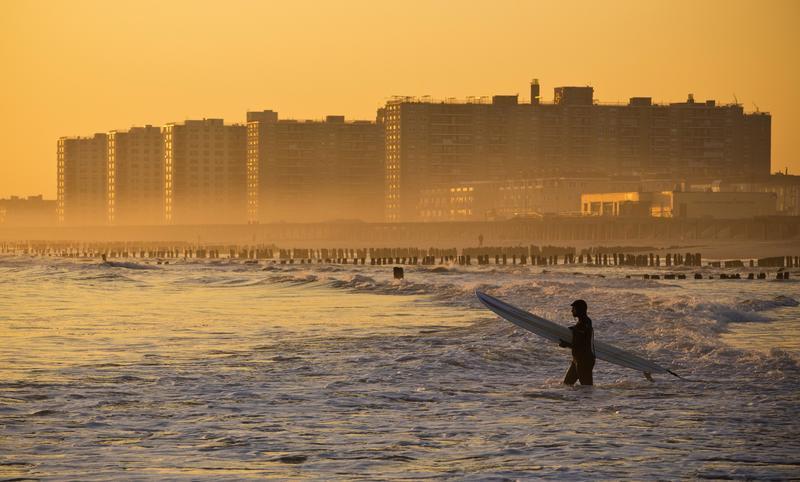Skift Take
Tourism and recreational activities are a big part of coastal economy, and measures like these should help creteclong-term sustainable solutions as climate change becomes an increasing reality.
The White House released a plan on Tuesday aimed at protecting oceans, coastal and Great Lakes environments around the United States while safeguarding related businesses that support more than 44 million jobs.
The plan drew criticism from some Republican lawmakers who called it bureaucratic overreach but was lauded by environmental groups as smart management that supports economic development.
The National Ocean Policy Implementation Plan [embedded in full below] is meant to put into practice the National Ocean Policy, established by President Barack Obama in 2010. It will involve some 27 federal agencies, departments and offices, the White House Council on Environmental Quality said a statement.
“Without creating any new regulations or authorities, the plan will ensure the many federal agencies involved in ocean management work together to reduce duplication and red tape and use taxpayer dollars more efficiently,” the council said.
The plan aims to improve forecasting of ocean conditions, share data about severe storms and sea level changes, support regional marine planning and cut red tape in the federal permitting process for ocean-based industries.
Also addressed are ways to improve the ability to predict conditions in the Arctic as economic and other activity there increases.
Congressmen Doc Hastings of Washington state and Bill Flores of Texas, both Republicans, have criticized the ocean policy as creating more federal bureaucracy.
Flores questioned the White House statement that no new regulations or authorities would be established, saying this was contrary to information presented in congressional hearings.
“Why are we doing this if it has not been requested by the stakeholder?” Flores told Reuters.
But California Representative Lois Capps, a Democrat, praised the plan as a “coordinated, national approach.”
Sarah Chasis of the Natural Resources Defense Council, an environmental group, said the plan could foster a return to ocean health, which would support businesses such as fishing, tourism and clean energy development.
Another group, the Center for Biological Diversity, said the plan falls short by failing to address carbon pollution that makes the oceans more acidic, affecting marine life.
The White House said maritime economic activities in 2010 contributed $258 billion in GDP to the national economy and supported 2.8 million jobs.
Because so many people live near U.S. coasts, though, a much larger 41 percent of GDP, or $6 trillion, was generated in coastal counties, supporting some 44 million jobs and $2.4 trillion in wages in 2010, the White House said.
The White House statement and a link to the full text of the ocean implementation are online.
Reporting by Deborah Zabarenko; Editing by Ros Krasny and Todd Eastham. Copyright (2013) Thomson Reuters. Click for restrictions.
![]()
The Daily Newsletter
Our daily coverage of the global travel industry. Written by editors and analysts from across Skift’s brands.
Have a confidential tip for Skift? Get in touch
Tags: climate change, environment, green, policy, usa
Photo credit: Surfer walks out into the ocean at Rockaway Beach in the Queens Borough of New York. Andrew Burton / Reuters
